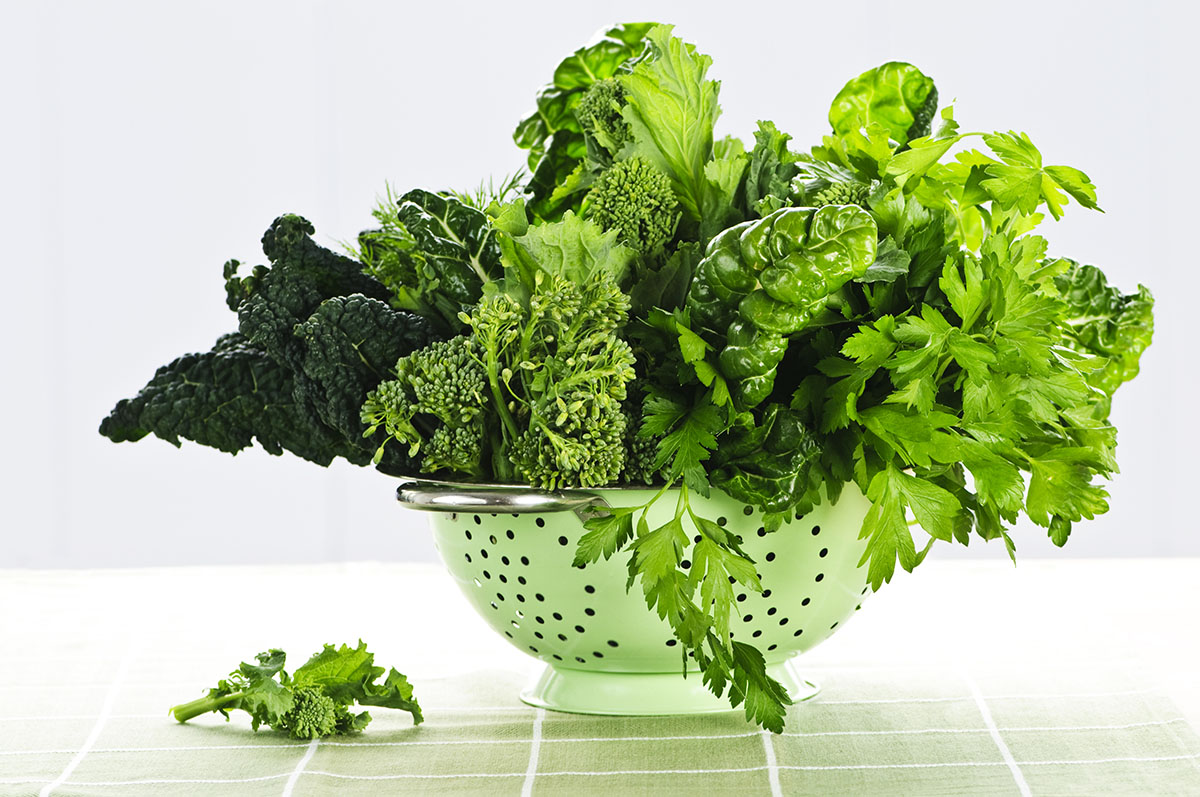Patterns of Anxiety and Depression in TCM and the Foods to Help
All anxiety, according to Chinese Medicine (TCM), has something to do with the heart system being out of balance. The heart system in TCM theory is much more than just our functional heart, as we might look at it in western medicine – the organ responsible for pumping and filtering blood. As with each organ system, it encompasses much, much more.
The heart system, in TCM theory, shows up in our mental activity- our mind and our ability to have clear, coherent speech. It shows up in the morning between 11 – 3pm and is most active in the summer months. Its element is fire or heat. It shows up in our sleep patterns and even the extent to which we dream. In addition, anything to do with the physical heart and circulation of blood in the vessels is part of this system.
When this system is off balance we will see things such as anxiety and depression, trouble falling asleep, dream disturbed sleep, palpitations, mania, incoherent speech or excessive thought patterns in addition to symptoms like canker sores on the tongue, heart disease, and depression, just to name a few.
There are a few different patterns in TCM that result in anxiety. Many are overlapping, sharing common symptoms such as palpitations, a feeling of fear, racing thoughts, fatigue, trembling, muscle tension etc. There are different ways that we can distinguish the root causes of anxiety, based on a deeper look at the patters, which allows us to customize treatments in order to optimize results and effects for each individual. We will discuss the common patterns below, but first we’ll look at general foods that are helpful in treating anxiety and depression.
General Foods
There are some general foods that can be very helpful with imbalances seen in anxiety and depression. Not a quick fix, but over time, including some of these nourishing and calming foods can be extremely helpful to help rebalance and help with long term anxiety and depression.
- Bitter foods in general help to calm the heart system in TCM theory. Some bitter foods include: amaranth and quinoa, rapini, chamomile, alfalfa, rye, asparagus and romaine lettuce to name a few. Whole grains with the husk still on particularly the wheat berry are also considered bitter can be very helpful. Obviously if you have a problem digesting wheat, pick another grain such as brown rice which has a similar but slightly less strong effect or oats which are also great to calm the mind. The germ and bran of whole grains also contain b vitamins, fatty acids and magnesium, all of which help to calm the nervous system. The wheat berry can be made into porridge or roasted and made into a tea that can be sipped on throughout the day. You can eat the berries after they’ve been soaked in the water or you can roast them and make them into a tea.A note on soaking your grains: In general it’s very important to soak your grains before cooking and eating as they contain phytic acid a naturally protective coating on grains and seeds which binds with minerals in the body can cause an inflammatory effect on the body or prevent absorption of some of these key minerals. Soaking starts the sprouting process that neutralizes the phytic acid. Cooking with seaweeds can also disable the phytic acid. Another benefit to soaking is that it may help digestibility of these grains that can help with gluten sensitivity for many people.
- Mushrooms have a calming affect on the body. Which means they affect our nervous system in a relaxing way. They are also used as an immune tonic, which helps to strengthen our immune system and Qi (pronounced ‘chee’), which will show up in our energy and vitality in every day life.
- Green foods rich in chlorophyll (the things that make green foods green) have an amazing ability to cleanse the blood but also build and nourish it. When our blood gets depleted (discussed below), it can contribute to anxiety and depression. Green foods have the same chemical structure as a red blood cell but contain Magnesium in their center, where red blood cells contain iron. Magnesium is essential to heart health and is great in relaxing and calming muscles. Greens also contain b vitamins, which have been shown to be very helpful for stress and anxiety. We also say it’s very helpful for the liver system in Chinese Medicine which is key in moderating and managing stress in our lives.
- Shellfish like oysters and clams when cooked in their shells can be very helpful. We use the shells in herbal medicine to help calm the mind in Chinese Medicine. Using the crushed shells (yes it sounds weird but it works!) in a tea or finding a calcium supplement made with oyster shell can be very effective at calming the mind.
- Silicon rich foods like celery, lettuce, cucumber, and oatstraw tea for example help to improve calcium metabolism and strengthen the heart and nerve tissue – both important in anxiety and depression.
- Herbs can be very helpful for anxiety if used on a regular bases – chamomile, catnip, skullcap and valerian root are all helpful. Including rosehip tea, which is high in vitamin C can also be soothing for the nerves. If you’re working with Chinese Medicine practitioner, they will be able to put together a customized herbal formula for you.
- Seeds: Seeds in general have a grounding, downward moving action in the body. Most of the anxiety related symptoms take place in the upper body and mind. Helping to bring that energy down can be key in calming and soothing the nervous system and healing anxiety. Chia seeds in particular have a calming and sedative action. In Chinese Medicine we use Jujube seeds (suan zao ren) quite often in teas. Adding chia seeds into your daily diet can be great and helpful over time.
The Patterns
Qi (energy) deficient: We say this shows up when there is a lack of energy in the body. Manifesting from lack of sleep or being overly busy, your body isn’t able to catch up. This can also result from prolonged sadness or worry overtime, depleting our energy and contributing to this pattern.
Signs/symptoms: anxiety, apprehension or constant worry, shortness of breath, dizziness, spontaneous sweating, catching colds easily or finding it hard to heal from wounds or illnesses, fitful sleeping, poor concentration. This can also show up with poor digestion and absorption of nutrients (bloating and fatigue after a meal, loose bowels or easy bruising)
Recommended Foods:
- Warm lightly cooked whole foods help to make sure you’re absorbing your nutrients and avoid anything frozen, raw or right out of the fridge
- Beans: chickpeas, lima, pinto,
- Whole grains: wheat berries wheat germ (contains a lot of b vitamins and the slight bitterness of the outer shell contain calming effects), brown rice (important to have the husk on)
- Mushrooms
- Mulberries (calming but also great for spontaneous sweating as they have an astringing nature)
- Oyster or clams cooked in shell (can also find oyster shell calcium in some health food stores)
- Avoid stressful situation and violent or disturbing images on TV/movies
- Try to build in active relaxation (meditation, restorative yoga or calming down time listening to soothing music or taking a bath)
Blood depleted: Blood nourishes our body and delivers nutrients and oxygen to our cells and removes waste products. When the blood is depleted our system is not getting enough nourishment. We may see this in things like anemia that is very common in women but will also show up with other signs in the body.
Signs/symptoms: pale tongue and complexion, floaters (spots in your vision) or blurred vision, trouble falling asleep or dream disturbed sleep, dry skin, hang nails, forgetfulness, fatigue or weakness. Women might have a very light period. This pattern is often related to anemia, but not always
- Depression, palpitations particularly when tired
- This may stem from malabsorption of nutrients and if this is the case, you may have bloating or fatigue after a meal, bruise easily or have poor appetite.
- Women are more prone to this pattern than men and some women may present with this pattern when they have had excessively long or heavy menstrual cycles.
- Study showed that women who consumed little to no red meat were twice as likely to suffer from anxiety or depression (be sure to eat hormone/antibiotic free meats and grass fed when possible)
Recommended Foods:
- Amaranth (helps to build blood, strengthens qi, calms spirit). Try roasting and then steeping in a tea before bed
- Red meat
- Leafy greens with citrus or vitamin c rich foods
- Longan fruit (long yan rou), red berries, red grapes
- Beet root (helps with the uptake of iron and building the blood)
- Nettle tea or an natural iron supplement for women who are anemic (try the brand Floravit)
- For those with weak digestion try to make sure foods are cooked well and try eating smaller meals throughout the day instead of a larger evening meal.
Yin deficiency: Yin could be equated to our parasympathetic nervous system in western terms and is the place where we rest and digest. Where our body heals and restores. When this gets depleted it can show up as adrenal fatigue. It’s like our bank account’s overdraft or emergency fund, only of energy. When we don’t take time to rest, it’s like we’re dipping into that fund $20 at a time until we’re in the red.
Signs/symptoms: anxiety or panic attacks with palpitations, waking through the night, night sweats, easily frightened, low back pain, dry mouth, tinnitus, lower back ache, a red peeled (no coating) tongue , dry mouth or heat in palms or soles.
- This pattern is more associated with adrenal burnout.
- It can often show up around menopause in women
- It’s very important to avoid any stimulants like coffee, excessive sugar, as well as disturbing images, excessive stress at work or physical over-exertion.
Recommended Foods:
- Black sesame seeds, chia seeds, which have sedative action
- Goji berries, logan fruit
- Cucumber, zucchini, spinach, mung beans, melon
- Chrysanthemum tea (use chamomile in a pinch),
- Small amounts of organic dairy/milk (cow or goat) if your digestion is strong
- Adequate water and foods cooked in watery medium (soups etc.)
- Avoid spicy or hot foods like chili peppers, ginger, garlic, cinnamon, cloves, coffee etc.
Phlegm – Heat: Phlegm might sound like an odd diagnosis, but it is exactly as it sounds – a phlegm or congesting fluid/mucus in the body. This congesting fluid can interfere with the natural flow of things in the body and obstruct Qi. Where anxiety and depression are concerned, this is often a result of incorrect diet.
Signs/symptoms: anxiety and nervousness, dizziness and vertigo, insomnia with waking early in the morning (4-5am) and not being able to fall back to sleep, irritability and restlessness, nausea, vomiting, belching and acid reflux, bitter taste in mouth, greasy tongue coating
Recommended Foods:
- Avoid greasy or congesting foods such as dairy, alcohol or fatty foods, sugar, soy milk, bananas, pineapple
- Avoid over eating or eating late at night
- Avoid spicy or hot foods like coffee or chocolate
- Try to include cooling foods such as cucumber and seaweeds
- Cook with shitake mushrooms
- Eat plenty of leafy greens and vegetable juices
In part three of this series, we will discuss basic acupressure points that will help with anxiety and depression, as well as mindfulness techniques that can be incorporated into treatment.
– Angela Warburton, B.A, RTCMP, R.Ac

